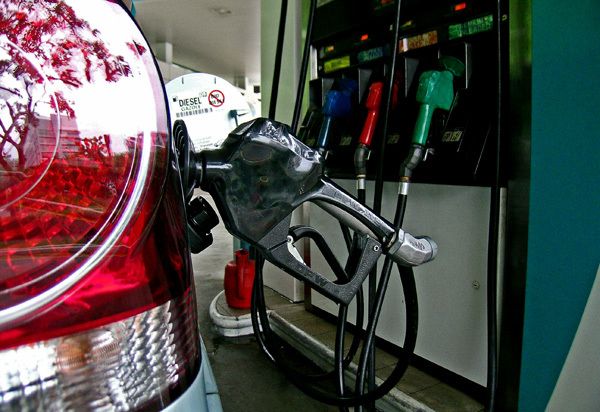Popping "pills"
Ever wondered what else are available besides petrol these days? We give you an insight...

Gone are the days the word “diesel” conjures the image of a smoke-belching, loud and foul smelling passenger car. The dark horse of fossil fuel has cleaned up its act through the introduction of Ultra Low Sulphur Diesel (ULSD), which removes a major polluting component of diesel fuel.Since sulphur would damage advanced emissions control systems, ULSD paved the way for better emissions control technology.
Ultra low sulphur diesel fuel has been refined so that its sulphur content is 50 parts per million (ppm) or less. Sulphur, a natural part of the crude oil which diesel fuel is derived from, is one of the key causes of soot in the combustion of diesel. Soot is the main culprit of diesel engines' noxious black exhaust fumes, and is among the prime contributors to air pollution. ULSD, however, has allowed diesel vehicles to meet the same stringent emission standards of gasoline vehicles.
The new diesel engines utilize an emissions-reducing device called a particulate filter. The process is similar to a self-cleaning oven's cycle: a filter traps the tiny particles of soot in the exhaust fumes. This filter uses a sensor that measures back pressure, or the force required to push the exhaust gases out of the engine and through to the tailpipes. As the soot particles in the particulate filter accumulate, the back pressure in the exhaust system increases.
When the pressure builds to a certain point, the sensor will prompt the engine management computer to inject more fuel into the engine – and this causes heat to build up in the front of the filter, which in turn, burns up the accumulated soot particles. The entire cycle occurs very quickly, and is undetectable by the vehicle's driver.
With USLD being made available by major petroleum companies in Singapore since 2005, it is indeed a very feasible option for drivers that are going for diesel-engine cars due to its environmental friendliness as compared to conventional diesel and also the relatively lower prices compared to gasoline.

So, being the average consumer that cringes at every additional dollar forked out on a car, it may truly take some “environmentalist” in each one of us to give up a conventional car and opt for green cars. But if the higher price tag of these cars puts you off, think of it this way – its cheaper prices could make up for it over the long run.
In the context of technology advancement, it could jolly well be in the near future when green cars start to overshadow conventional cars in terms of performance, practicability and efficiency.
The choice, however, is ultimately up to you.
Credits: Story by Peng Ming, pictures from Oneshift.com archive

- Convenient and Hassle-Free
- Consumer Protection
Transparent Process
With No Obligation


Get the Best Price for your used car
from 500+ dealers in 24 hours








